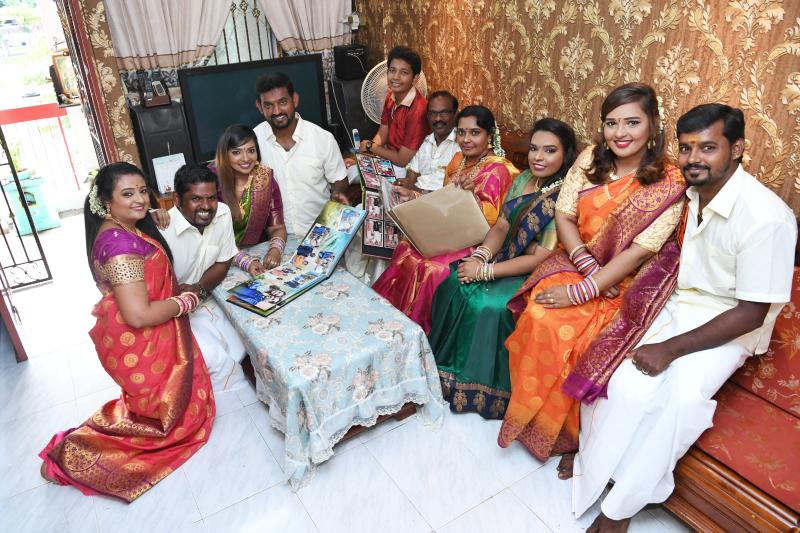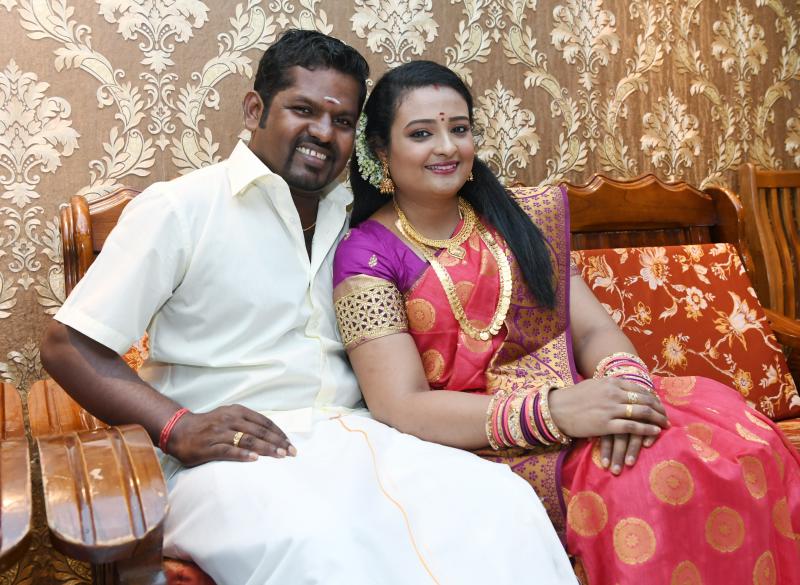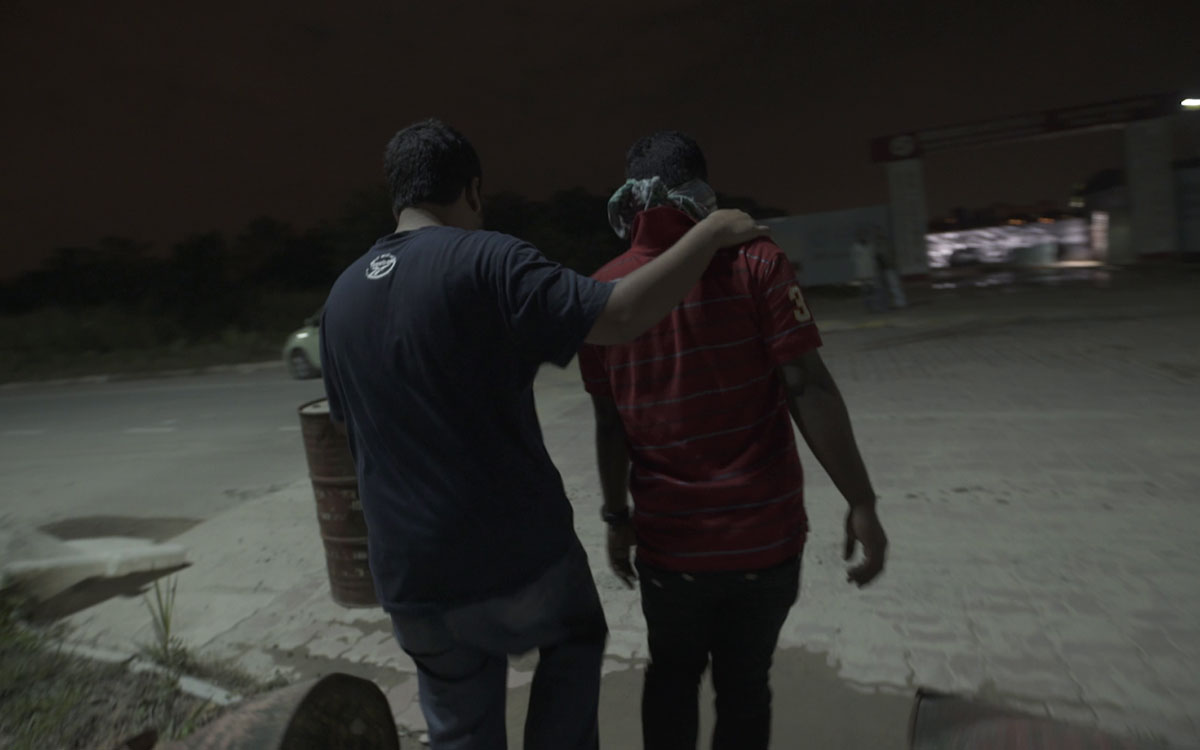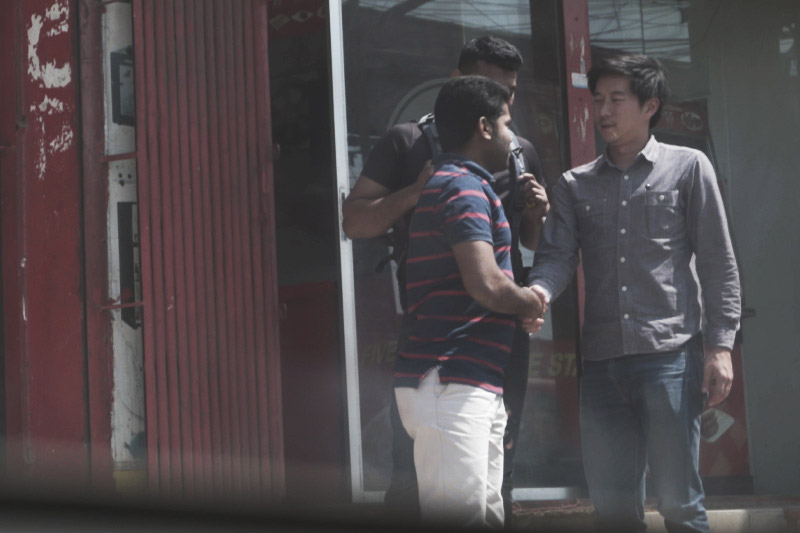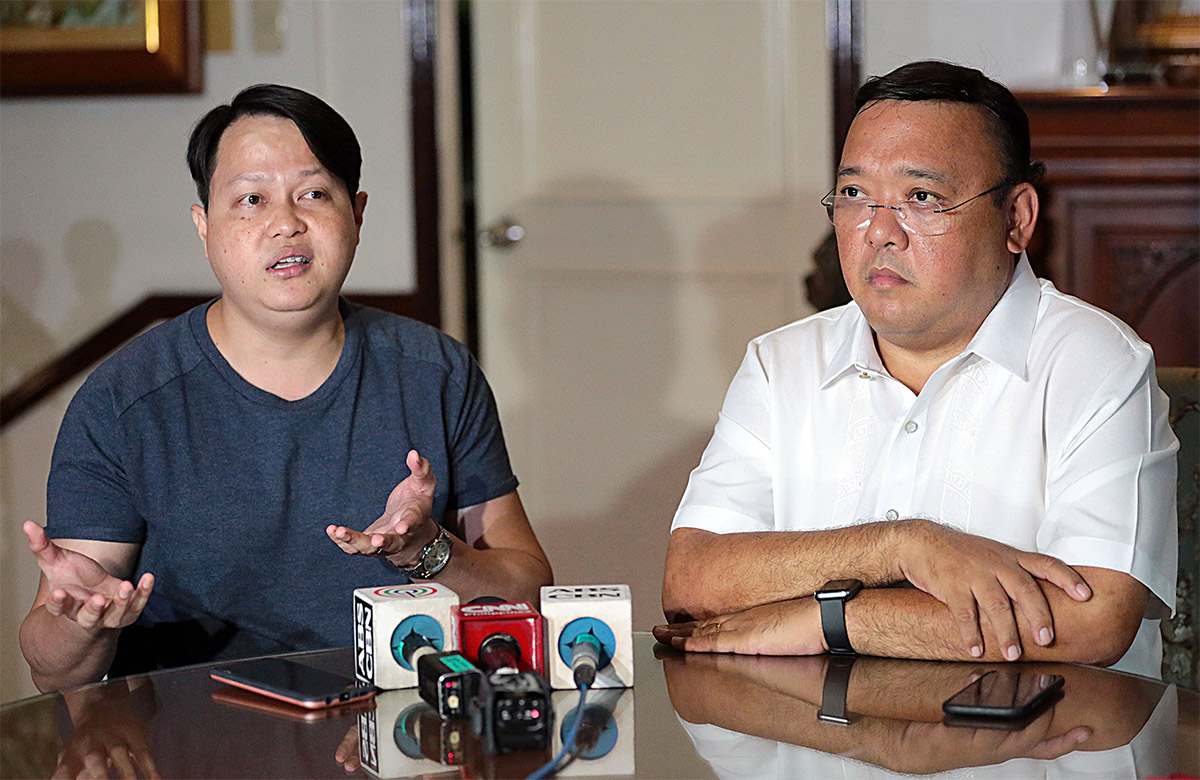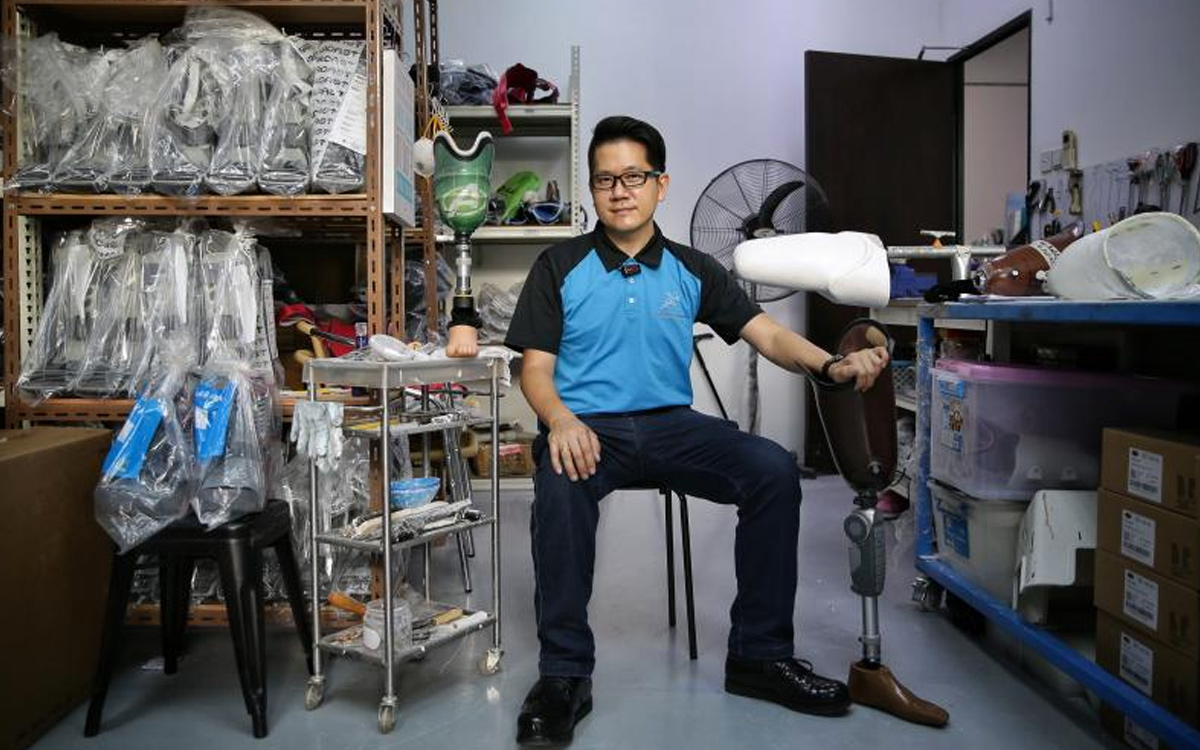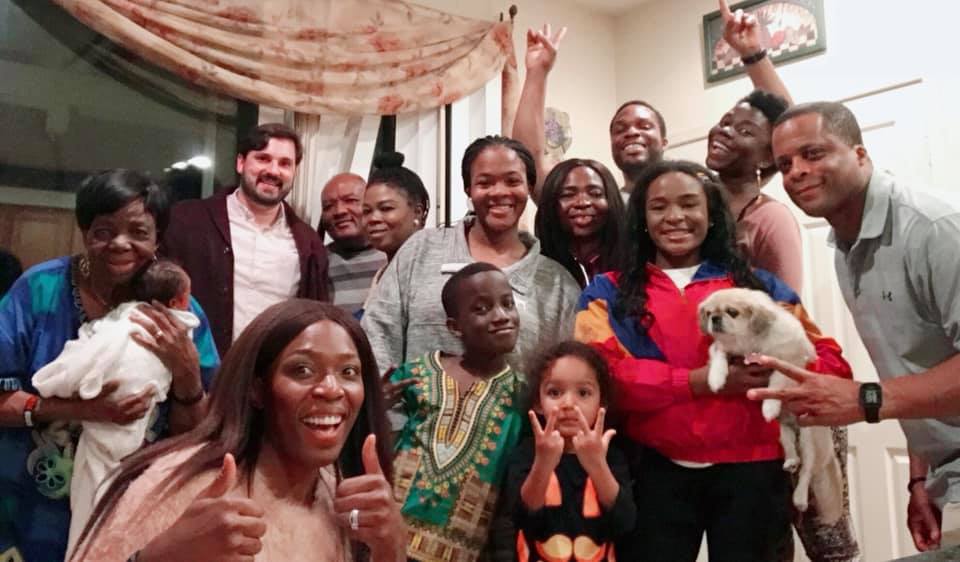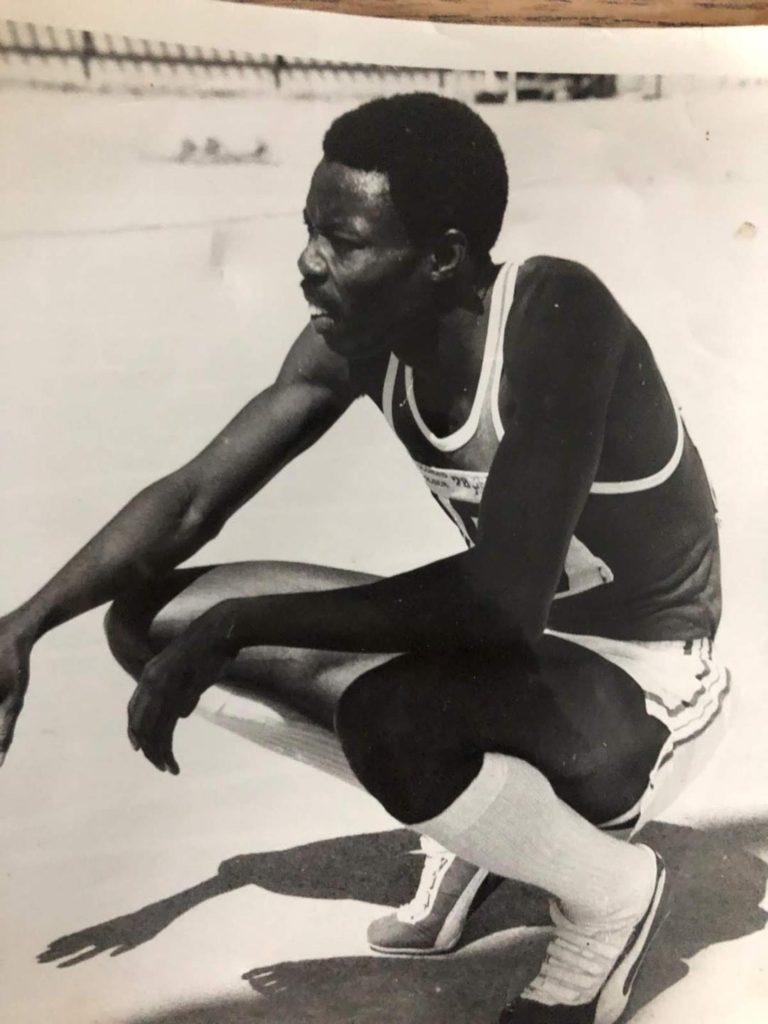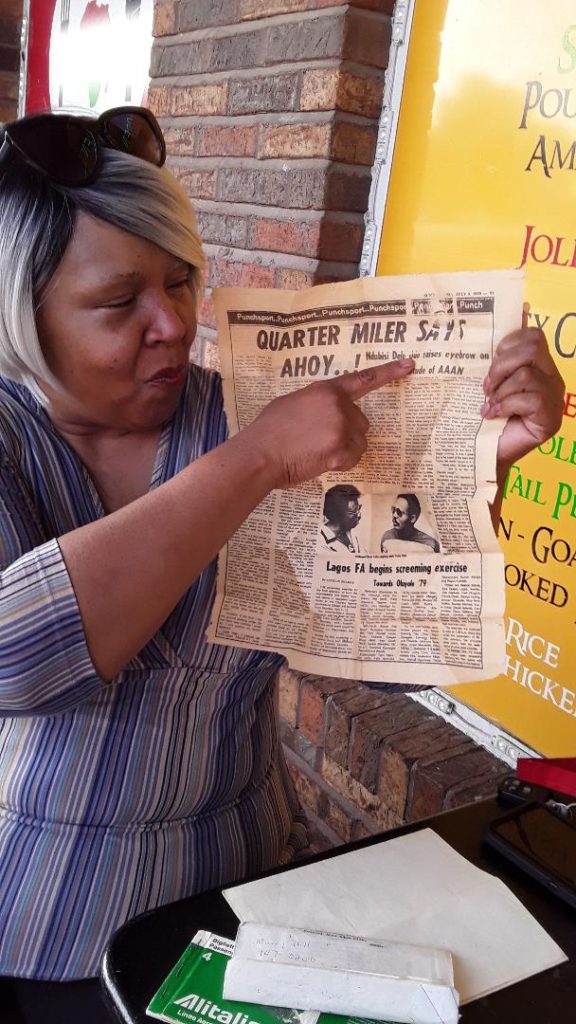Sometimes we cannot blame people when they react to social media posts on instability and unrest.
A post that was circulated online and generated by a Fijian who lives in Australia, caused quite a frenzy amongst Fijians.
The instigator plucked the date, September 23, from thin air and sent out a message declaring that there would be unrest on that day.
Thankfully, on 18 September, The Republic of Fiji Military Forces Land Force Commander (LFC) Colonel Manoa Gadai quashed the overseas-generated rumour that unrest would occur.
“Everything will be normal and people will enjoy whatever they will do on that day because their security and safety are in good hands,” he said.
Colonel Gadai made this comment after it was reported that some people were stocking up their supplies in case unrest would occur.
For Fjians who have seen what happened in 1987 and 2000, we should be grateful that our security is today in good hands .
Colonel Gadai said he was working closely with the Fiji Police Force to see that Fijians were safe and living happily in their own environment.
He warned those behind the rumour not to spread lies.
“Just don’t believe in these liars. The truth is – Fiji is safe,” he said.
However, many Fijians have not forgotten the political turmoil that divided the nation in the past.
They fear returning to a past era that was rife with pain and suffering that numerous innocent citizens endured.
The Fijian economy was one of the big casualties affected by previous tumult.
It has taken a long time for the country to recover and rise up to where it is today.
Unfortunately, there are rabble-rousers in our communities who want to disrupt that progress for their own selfish political agendas.
They have cheerleaders who live comfortably in their homes abroad and spread lies via social media to create instability.
They did not even stop to think about their families who still live in Fiji and who could suffer like everyone else should there be a disturbance.
It is comforting to hear from Colonel Gadai that the Republic of Fiji Military Forces (RFMF) and the Police are ready to fulfil their role to protect the country and Fijians should there be an emergency.
The Land Force Commander is widely respected in the force and speaks with authority.
He also represents the face of the RFMF leadership today – a leadership that is committed to supporting the provisions of the 2013 Constitution.

Both the RFMF and the Police take any threat to peace and stability very seriously.
The RFMF has been mandated by the Constitution to protect Fiji and all Fijians.
Last month when Colonel Gadai was chief guest at the Ratu Sukuna Memorial School (RSMS) passing-out parade at Albert Park in Suva, the very same rumour
reemerged.
He assured parents and guardians of RSMS students that the nation was secure and safe.
“Now that it has again resurfaced (this is) my advice – don’t believe in this rumour. It is a lie and spread by irresponsible people.”
He urged all Fijians to continue with their daily engagements on September 23.
All units of the RFMF, he said, were aware and ready to fulfil their constitutional role spelt out under the 2013 Constitution.
The Constitution states that the RFMF will at all times ensure the security, defence and well being of Fiji and all Fijians.
So if anyone is even remotely thinking of interfering with Fiji’s peace and stability they have been harshly warned – they will face the full brunt of the law.
For Fjians who have seen what happened in 1987 and 2000, we should be grateful that our security is today in good hands .
As Colonel Gadai has said, we currently have nothing to fear.
This story is a compilation of articles by Fiji Sun published on 18 Sept 2019.
BEHIND THE STORY
In this era of fake news, Fiji – like other countries around the world – has been bombarded by a constant stream of fake news. Given Fiji’s history of political crisis – two military coups and a civilian takeover – the public is naturally highly sensitive to any news of possible instability. In this instance, messages were being forwarded on Facebook Messenger encouraging Fijians to stay away from school and work on Monday September 23, 2019. Facebook is the most popular App used in Fiji. It was noted that the person behind this fake message lives overseas. Like most fake news that has been circulated among Fijians, most are initiated by those living outside of the country itself. In this particular case, some had taken such news to heart and started to stock up on goods. Therefore, it was crucial for the media to debunk any fake news or misinformation being circulated on social media or other online platforms. The Fijian army, the Republic of Fiji Military Forces (RFMF), continues to play a vital role in nation building and in bringing stability and assurance to the people of Fiji. It normally does not enter into discussions on such issues, but as Fiji Sun journalists are trusted and credible, the Land Force Commander agreed to comment on such the situation that caused public concern and alarm.


